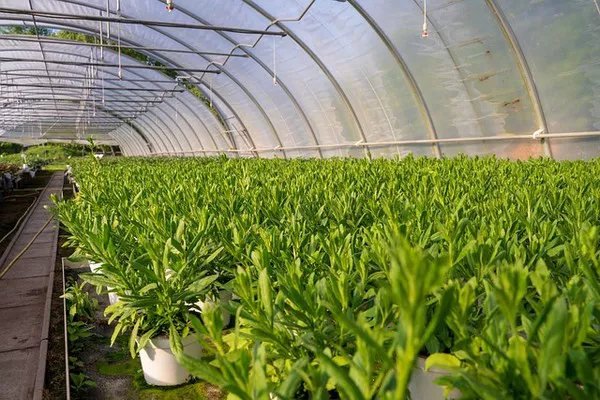Southern Italy – Muscari comosum (L.) Mill., a spontaneous plant thriving in the Mediterranean region, particularly in the Basilicata and Puglia regions of Southern Italy, has earned recognition in the Italian National List for Traditional Agri-Food Products (TAP). This resilient plant, celebrated for its food and medicinal uses, boasts antioxidant properties and a diverse range of nutrients, including starch, sugars, and minerals.
However, the seeds of Muscari comosum exhibit morpho-physiological dormancy, necessitating pre-germinative treatments for uniform germination. In a recent study, the impact of hydro-priming and osmo-priming (utilizing PEG 8000 and KNO3), coupled with varying germination temperatures (4, 10, and 20 °C), were explored.
The results demonstrated that pre-treatments significantly elevated both the germination index (GI) by 5% and the germination percentage (GI) by 3% when compared to the non-primed control. Notably, a germination temperature of 10 °C emerged as the most conducive, reducing the median germination time (T50) by 5.4 days and the mean germination time (MGT) by 5 days, in contrast to the 4 °C temperature setting.
The most favorable outcomes were observed in the interaction of “hydro-priming treatment × 10 °C,” exhibiting a notable T50 of 34.9 days and MGT of 36.3 days.
Analysis of Pearson’s correlation matrix revealed a significant positive correlation between T50 and MGT (r = 0.993). In summary, these pre-germinative techniques have demonstrated a substantial enhancement in the germination potential of Muscari comosum seeds. The incorporation of pre-treated seeds into cultivation protocols can contribute to optimizing the germination phase, meeting the increasing demand for Italian bulbs and furthering the sustainable cultivation of this culturally significant plant.


